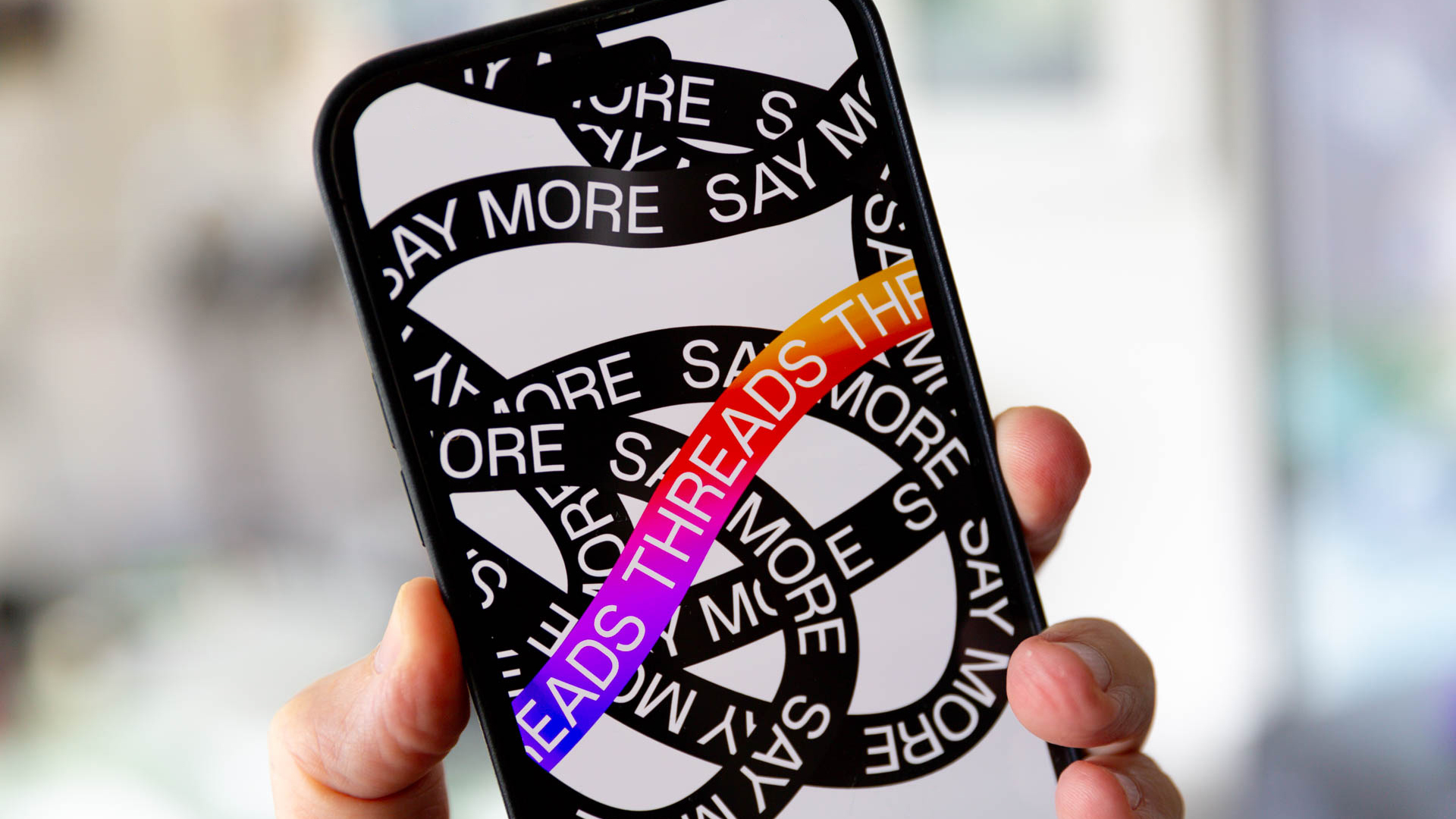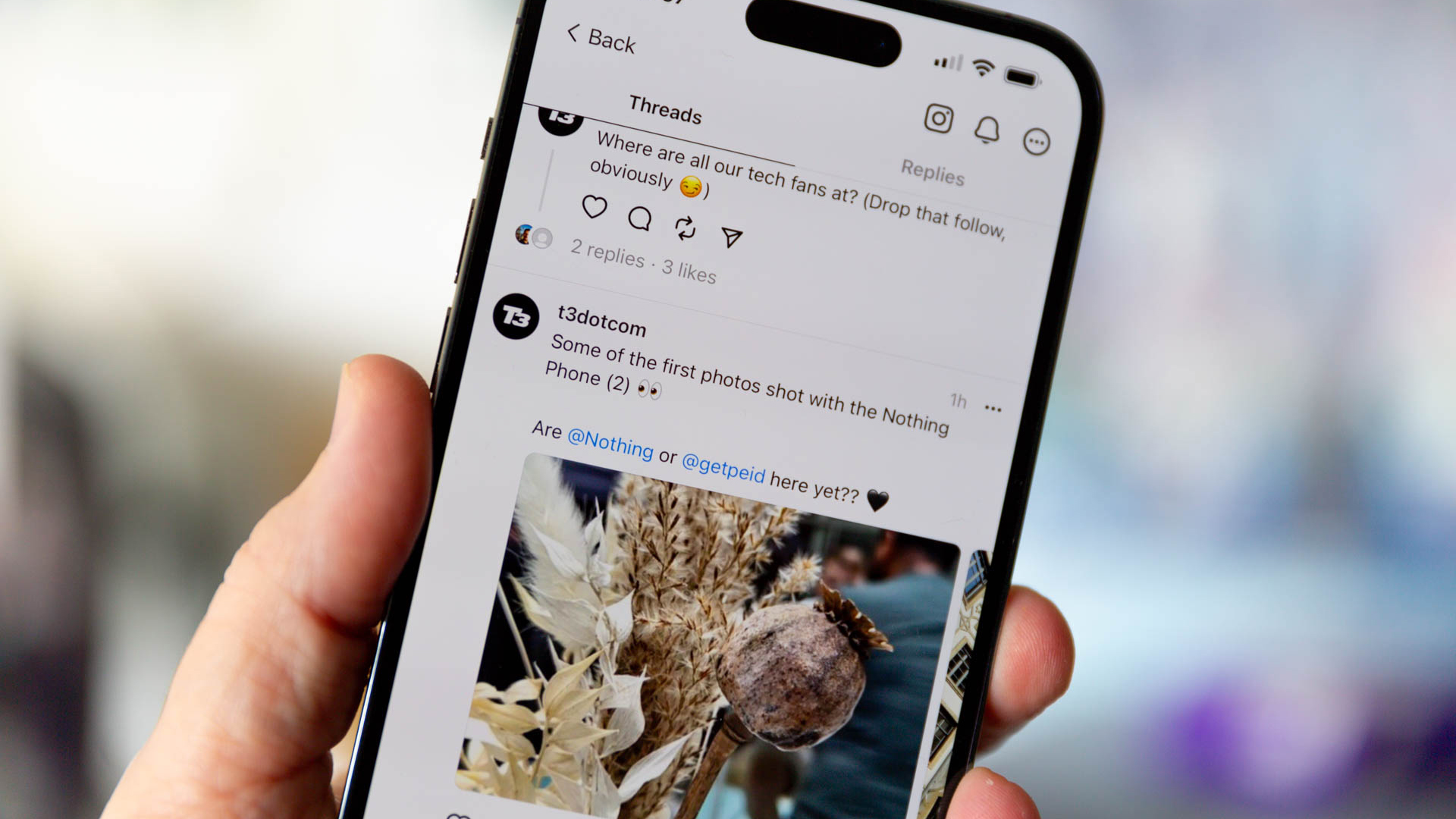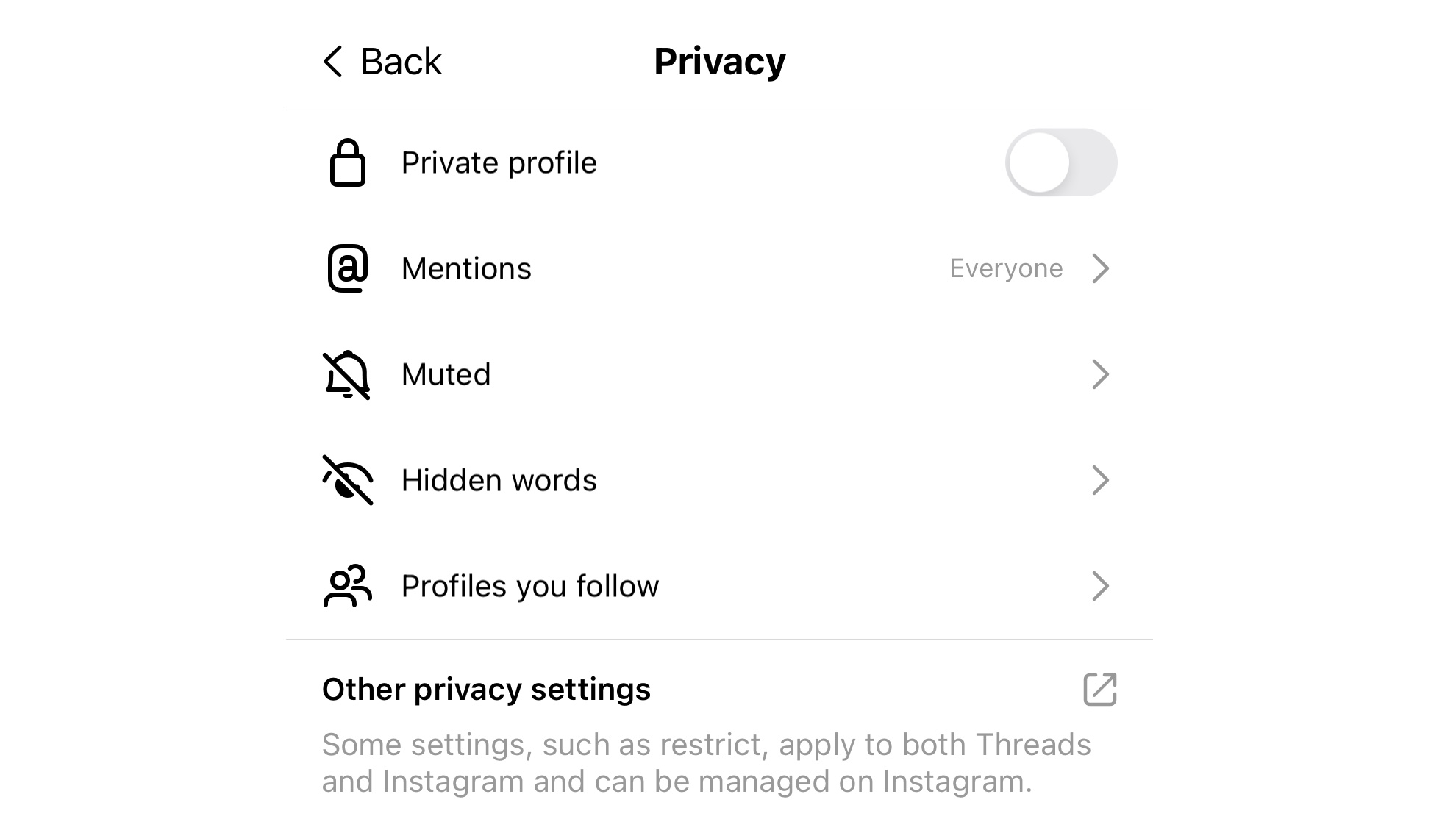Threads: the best and worst features, and whether you should jump ship from Twitter
The Meta-powered social network has launched and it's already very popular. Should you be on it?


Threads, the new social network from Meta, is live. And, if the early buzz is any indication, it’s going to be a really big deal.
The new service looks and works very much like Twitter, and could well do some serious damage to Elon Musk’s social network. But, what is Threads, how does it work and what do you need to be wary of? Here’s everything you need to know.
In a hurry? Here's how to sign up for Threads.
What is Threads?
Threads is a new iOS and Android social networking app that connects to your Instagram account and enables you to do Twitter-style posting. It’s available everywhere except the EU. More on that in a moment.
While Threads uses your Instagram account and can automatically connect you to your Instagram follows, it’s a separate app. Things you post on Threads won’t appear on your Instagram feed, and things you post on Instagram won’t appear on Threads.
Can I use Threads on the web, or on my desktop?
Not at the moment. For now it’s purely a smartphone app.

How do I sign up for Threads?
You can visit Threads.net and it’ll take you to the appropriate App Store. Or you can just grab the app on your phone. It’s free.
Get all the latest news, reviews, deals and buying guides on gorgeous tech, home and active products from the T3 experts
What can I post on Threads?
Threads is for text-based posting and enables you to post messages of up to 500 characters. You can also post images, GIFs, and videos of up to 5 minutes duration.
The rules are much the same as they are for Instagram, so no nude pics or copyright infringement.
What features doesn't Threads have?
At the moment you can’t send direct messages to other Threads users, and there’s no way to delete your account without also deleting your Instagram account. You can't see your Threads account from the web.
Reliability seems to be missing too: we've found the app to be quite crashy. However, that might be down to the rush of people signing up as it's just opened for business.
What safety features does Threads have?
It’s very similar to Instagram: you can block people, report posts, mute words or limit who can respond to your posts. For example, with a new post you can let anybody reply including complete strangers, or you can limit it to people you follow or to only the people mentioned in the post.

Does Threads protect your privacy?
That's a very good question. Meta seems unsure whether Threads is legal under EU digital privacy laws, particularly around the use of personal data for ad targeting.
Once again, it’s very similar to Instagram – and that means it can potentially collect quite a lot of personal data as you use it. This is a big downside for a lot of people, and rivals have been quick to notice. Both Elon Musk and Jack Dorsey, Twitter co-founder and board member of rival social network Bluesky, have taken pot-shots at Meta over Threads’ privacy.
Does Threads connect to other social networks?
Not yet, but it uses the same messaging platform as Mastodon and intends to offer interconnectivity in the future. Not all Mastodon servers are happy about that, however, and many have announced that they will block Threads from connecting to them and their users.
Mastodon founder Eugen Rothko has written a lengthy blog post about Threads and how it compares to, and may connect to, Mastodon.
Is it time to leave Twitter and embrace Threads instead?
That very much depends on what’s important to you. Threads makes it very easy to get started and to find people, and if the initial momentum is any indication it’s going to be very popular.
However, there are still some concerns over privacy, and it hasn’t yet had to deal with the kind of serious abuse that happens on Twitter to marginalised people so we don’t know what may happen when bad actors clamber on board.
It’s not the only Twitter alternative, either. The two highest profile rivals are Mastodon and Bluesky, and both have pros and cons. Bluesky feels the most Twitter-like, but it’s currently invite-only and has a fairly basic feature set. Mastodon is more mature, but it’s a little less user-friendly to begin with.
Writer, musician and broadcaster Carrie Marshall has been covering technology since 1998 and is particularly interested in how tech can help us live our best lives. Her CV is a who’s who of magazines, newspapers, websites and radio programmes ranging from T3, Techradar and MacFormat to the BBC, Sunday Post and People’s Friend. Carrie has written more than a dozen books, ghost-wrote two more and co-wrote seven more books and a Radio 2 documentary series; her memoir, Carrie Kills A Man, was shortlisted for the British Book Awards. When she’s not scribbling, Carrie is the singer in Glaswegian rock band Unquiet Mind (unquietmindmusic).
